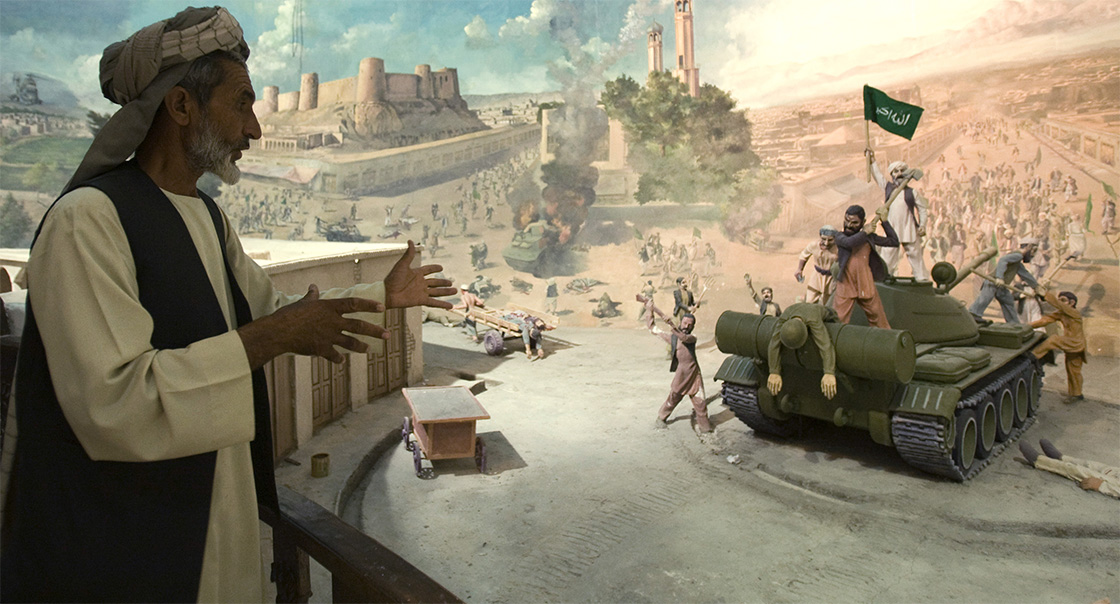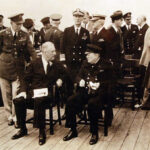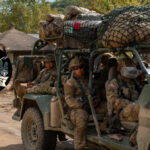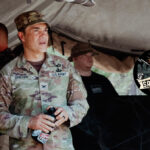
Armed conflict is a deadly business. We in the military profession have a moral obligation to examine what works and what doesn’t work
Traditional lists of prominent and successful strategic leaders are often biased toward celebrated historical figures. Of course, such figures were both heroes (to their own people) and villains (to the enemy) all at once. In the introductory essay to the Great Captains series, Jacqueline Whitt and Tom Galvin said that the podcasts would not constitute “hero worship,” but instead allow listeners “to glean lessons about the great captains’ approaches to the problems of war and warfare and their understanding of the military art.” Therefore, to be fair and complete, such a series must necessarily consider those that history would (and should) treat as villains. The purposes are to understand their motivations, place their actions in context, analyze the lasting impacts, and ultimately enable better preparation to face a similar leader in future.
It is in this spirit that WAR ROOM presents a unique look at a most controversial figure, Osama bin Laden, who according to U.S. Army War College Professor Sparky Anderson, was successful at building and sustaining a grass-roots mobilization, understanding and adapting to the operational environment, and ultimately enabling a significant change in the character of war. Bin Laden’s actions, beginning at Afghanistan during the Soviet occupation, would eventually contribute to the prominence of non-state actors on the global stage. What can we learn from this story? The insights and implications are many, including the importance of knowing thy enemy. A BETTER PEACE Editor Jacqueline E. Whitt moderates.
Podcast: Download
Subscribe: Apple Podcasts | Spotify | Amazon Music | Android | Pandora | iHeartRadio | Blubrry | Podchaser | Podcast Index | TuneIn | Deezer | Youtube Music | RSS | Subscribe to A Better Peace: The War Room Podcast
Sparky Anderson is Professor of Strategy, Operations, and Plans at the U.S. Army War College and a colonel in the U.S. Army. Jacqueline E. Whitt is Professor of Strategy at the U.S. Army War College and the Editor of A BETTER PEACE. The views expressed in this presentation are those of the speakers and do not necessarily reflect those of the U.S. Army War College, U.S. Army, or Department of Defense.
Photo: A guide in a Herat, Afghanistan war museum describes a fight during the Soviet invasion of Afghanistan depicted in a diorama.
Photo Credit: REUTERS/Raheb Homavandi (AFGHANISTAN SOCIETY)





Listened to this podcast today and was keenly disappointed. Maybe the the goal was to put UBL in context but this podcast went wide right. Bin Laden likely murdered his mentor, Abdul Azzam, and al Qaeda survived only because of complicit state support. Additionally, UBL not only flouted the international laws that we have followed in our campaign against AQ, but he violently opposed them. Bin Laden’s “return on investment” was only possible becuase he was willing to conduct attacks on innocent people and vulnerable locations. Not sure this constitutes a great captain in anyone but bin Laden’s books.
Osama bin Laden wasn’t a Great Captain, but a terrorist. Just as Arafat, and his uncle (a friend of Hitler) before him, who was responsible for the Munich Olympics, blowing up various aircraft, etc., One can easily say that Ho Chi Minh was, as well – arbitrary murder, massacres, etc- the arch-typical communist in the Stalin mode.
None of these were Great Captains, but terrorists pure and simple, state or non-state, it doesn’t matter. Giving them more credit than they deserve isn’t inspiring, nor worthy. Consign them all to the dustbin of history where they belong.